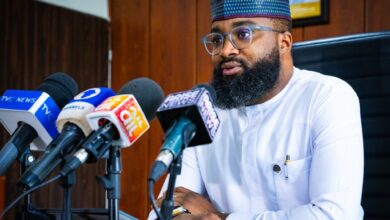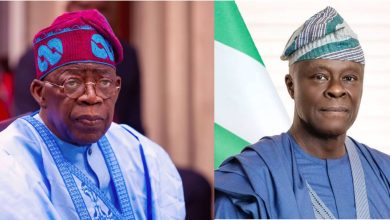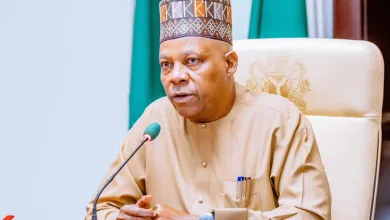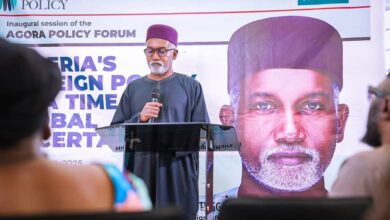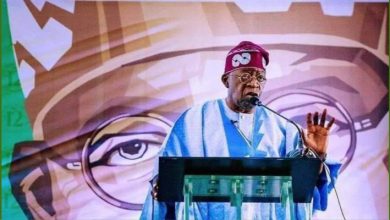Opinion
How Buhari’s Social Investment Programmes Are Tackling Poverty – Richard Ogundiya
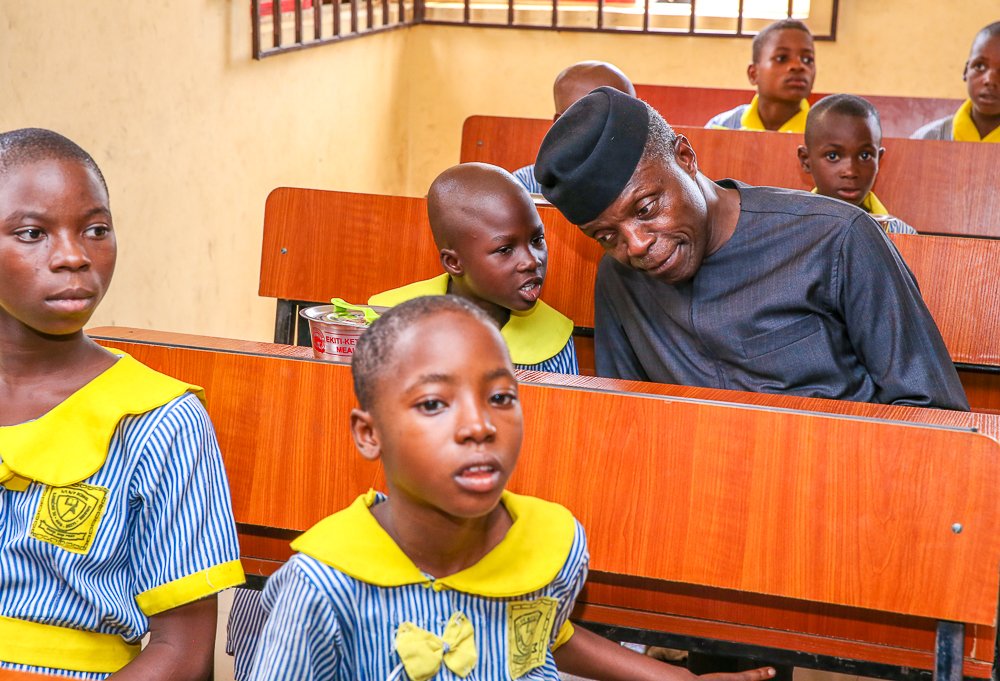
Nigeria’s population swells at an annual increase rate of 3.75%, indicating a doubling of the population every 22 years. The World Poverty Index estimates that 46.7% of 197 million Nigerians live in acute poverty and the numbers are still on the rise. Improving quality of life for those under the extreme poverty line, while at the same time caring for peculiar problems of vulnerable groups, particularly children, women, the elderly and youths are challenges which require effective policies as well as focus on sectors that drive development such as health, education, agriculture and entrepreneurship.
Led by Maryam Uwais and Ismaeel Ahmed, the National Social Investment Office (NSIO), which is strategically hosted within the Office of the Vice President, Professor Yemi Osinbajo provides a sustainable, long-term foundation and responsive national social security system for at-risk population with the purpose of delivering inclusive, pro-poor growth across the country. Since it’s establishment in 2015, the initiative has made significant investments for children, seniors, lower-wage workers and other resistless Nigerians. The rationale is that if families invest money they receive from the government, they will gradually build the capacity to fund petty businesses, farming and attend to other basic needs.
The Overseas Development Institute (ODI) released a report in 2016 that showed direct transfer payments of money to eligible people, can show direct growth in the economy, school attendance, health care and dietary diversity. The ODI concluded that cash transfers, when invested correctly, can lead to an increased amount of income in the future and achieve both social welfare and livelihood promotion objectives. There is also a sense of loss of an opportunity to prove something bigger: the radical notion that poverty, long viewed as an intractable policy problem, can be solved by putting money in the pockets of those who have the least. This is what the Conditional Cash Transfer seeks to do.
For some, N5,000 may not seem too exciting but to many Nigerians under the poverty line, it is a great sum of money to keep things moving. The National Cash Transfer Programme is designed to deliver timely and accessible cash transfers to beneficiary households and build their capacities for sustainable livelihood. This scheme is predicated on the idea that poor people, not governments or nonprofits, know what they need best. Rather than enrolling them in complicated social assistance programs that presume the kind of help they need, basic income trusts people to make their own financial decisions.
To ensure beneficiaries establish a sustainable means of livelihood before graduating the programmes, they are continuously supported and mentored to form savings groups and cooperatives by trained Cash Transfer Facilitators in every local government ward, who pay them weekly visits to provide capacity building on life skills and basic financial knowledge. Since January 2016, 394,430 vulnerable households have been paid in 25 states, including households in Internally Displaced Camps in Borno.
The National Home Grown School Feeding Programme (NHGSFP) is a government-led school feeding programme that aims to improve the health and educational outcomes of public primary school pupils. It uses farm produce locally grown by smallholder farmers to provide children nutritious mid-day meals on every school day. The program aims to improve the enrollments in primary schools and reduce the current dropout rates estimated at 30% and also address the poor nutrition and health status of many children who have been affected as a result of poverty; it has also affected the learning outcomes of the children. At the start, the federal government set out to feed 5.5 million pupils but its successful implementation has broadened the vision and the numbers are currently at 9,817,568 pupils. As part of the value chain, NHGSFP also empowers 106,074 cooks and provides sustainable income for small holder farmers, thereby stimulating growth and productivity around the communities in 32 states.
Of all the initiatives under the NSIO umbrella, the Government Enterprise and Empowerment Programme (GEEP) is the most fascinating because of the role it plays in stimulating the economy from the grassroots. Under the Bank of Industry (BOI) supervision, the Programme aims to provide micro-lending to 2.5 million small traders including farmers, women cooperatives, market women, agricultural workers and entrepreneurs. MarketMoni, FarmerMoni and TraderMoni loans range between N10,000 and N350,000 with a 6 month loan tenor and a moratorium of two weeks. In many cases, the tenor can be extended depending on the nature of the business. What makes it more captivating is that no collaterals are involved but BOI charges a 2.5% and 5% administrative fee which is used to finance recruited agents and aggregators who make sure that all loans are recovered when due. MarketMoni, FarmerMoni and TraderMoni has funded 330,568 women, 1,712 farmers and 1,805,171 traders respectively, bringing the total number of beneficiaries to 2,136,911 Nigerians.
The overall success of the government’s social investment scheme is still very much dependent on the collection and use of data to improve the target structure and effectiveness. The National Social Safety Net Coordinating Office (NASSCO) uses ‘Poverty mapping’, ‘Community based Targeting’ and ‘Proxy Means Test’ as methods of validating payment basis for grantees. These techniques provide authentic data that helps the government identify the poorest in local governments and rank households according to their means, thereby eliminating the more affluent in the actual payment exercise. As of now, 1,132,675 households comprising of 4,531,118 individuals from 32 states have been documented and paid, with women leading the curve at 50.8% engagement.
When poverty strikes, it must be met with an equal strike at the very least. At the very best a counter-strike must double the dose. The strength of its blow is when it is left unmatched. India bragged once as the world’s poorest country. That status is no more today. Why? Because the Indian government put in place, structures, programmes and targeted policies that were aimed at tackling the menace of extreme poverty facing its population. They worked. Now Nigeria stands atop the list – not because it did anything, but largely because it did nothing. Now an ambitious Buhari administration seeks a reversal of this shameful status through its Social Investment Programmes.
With over 40 Million Nigerians who have benefitted in one way or the other, and two million Nigerians who have ben lifted from the claws of extreme poverty, Buhari’s social investment programmes have taken on the fight to poverty’s doorstep. Victory is in the offing.
Richard Ogundiya is a journalist and researcher resident in Lagos.

